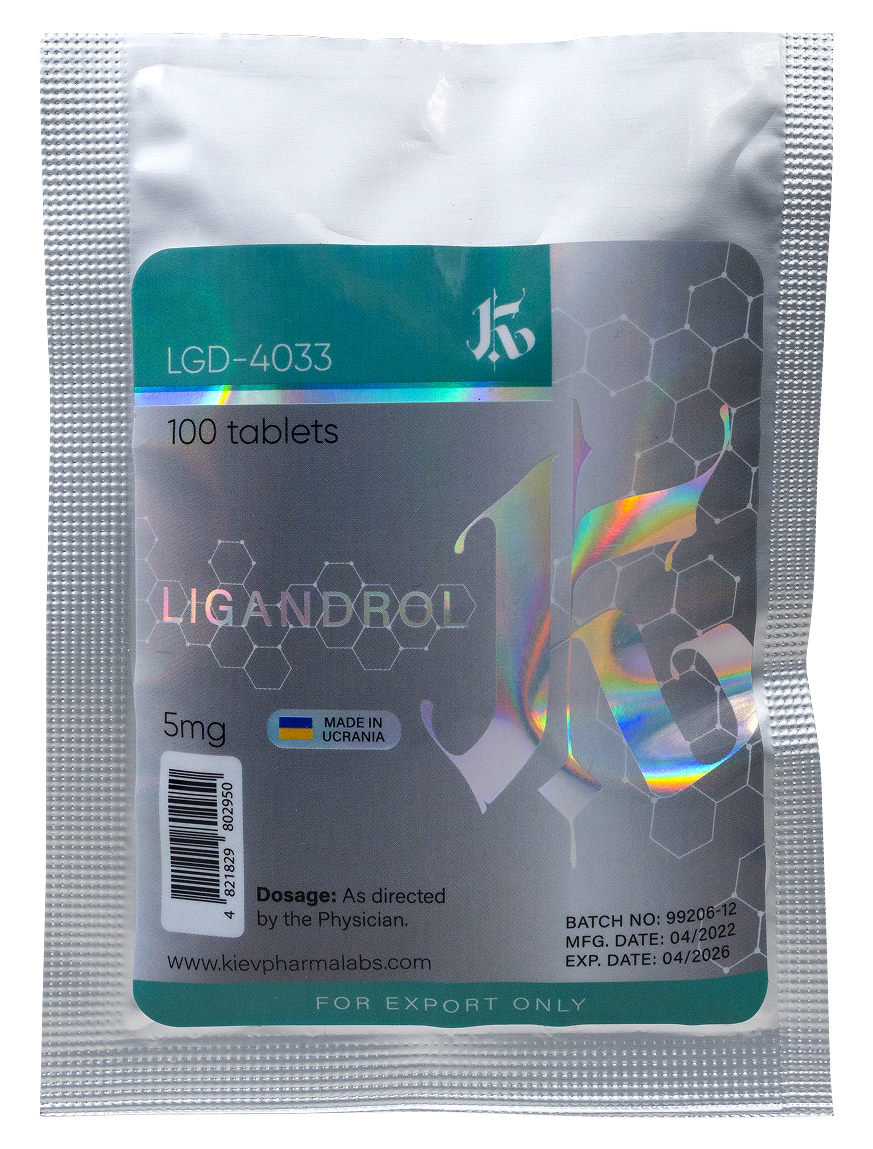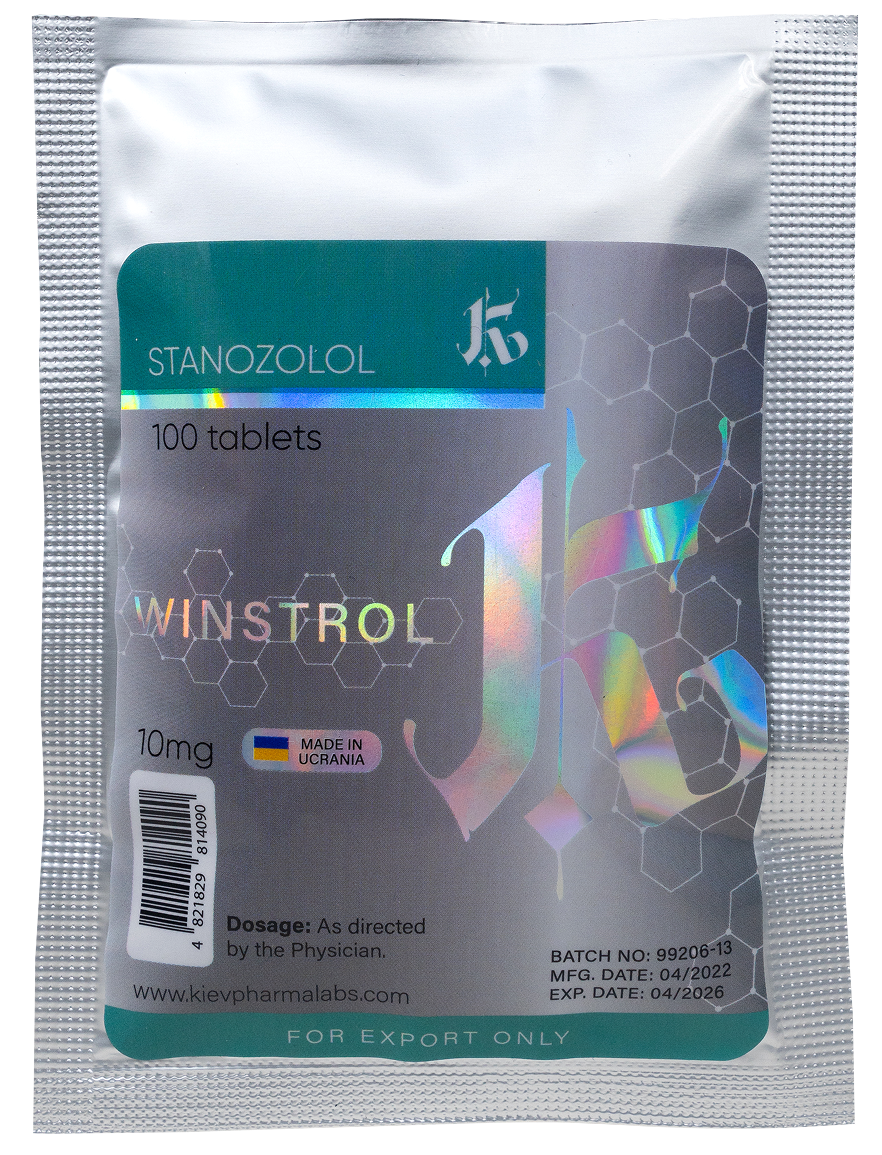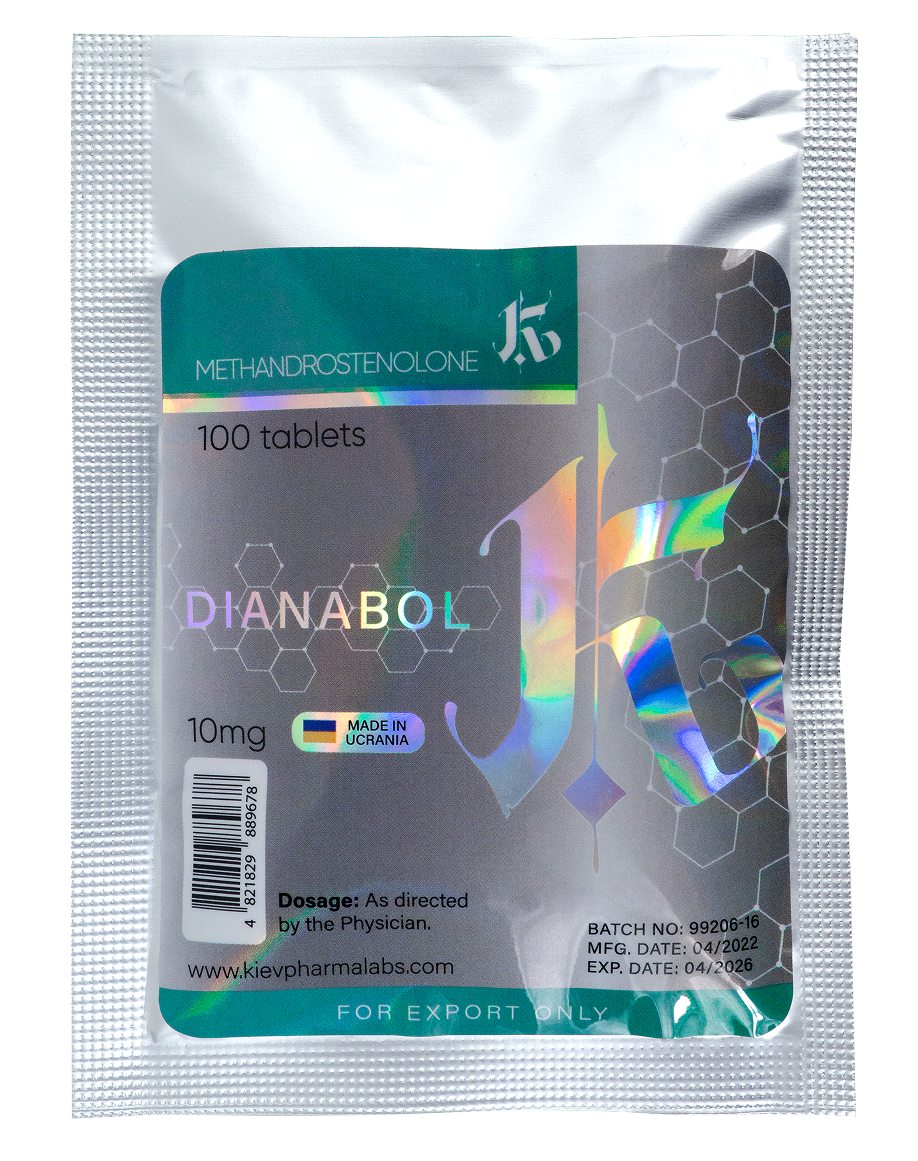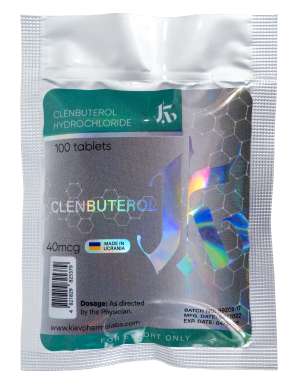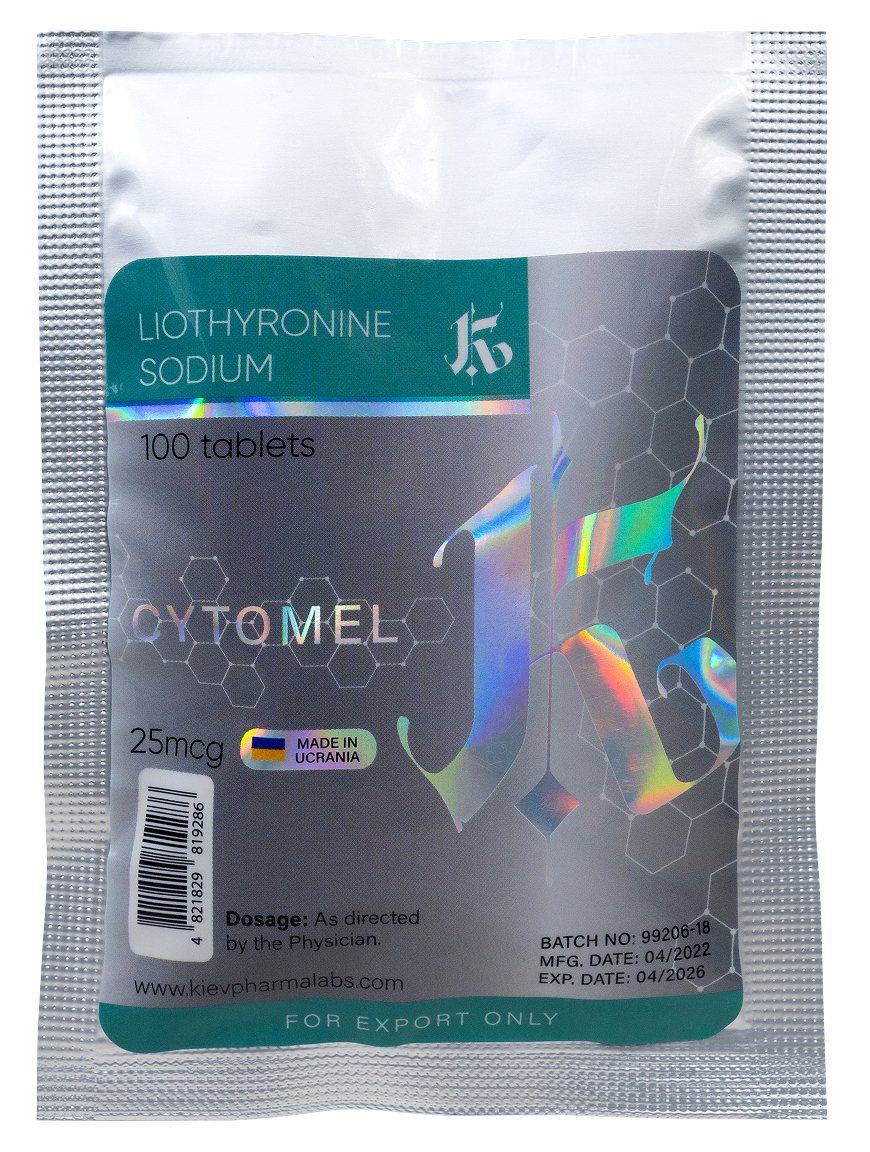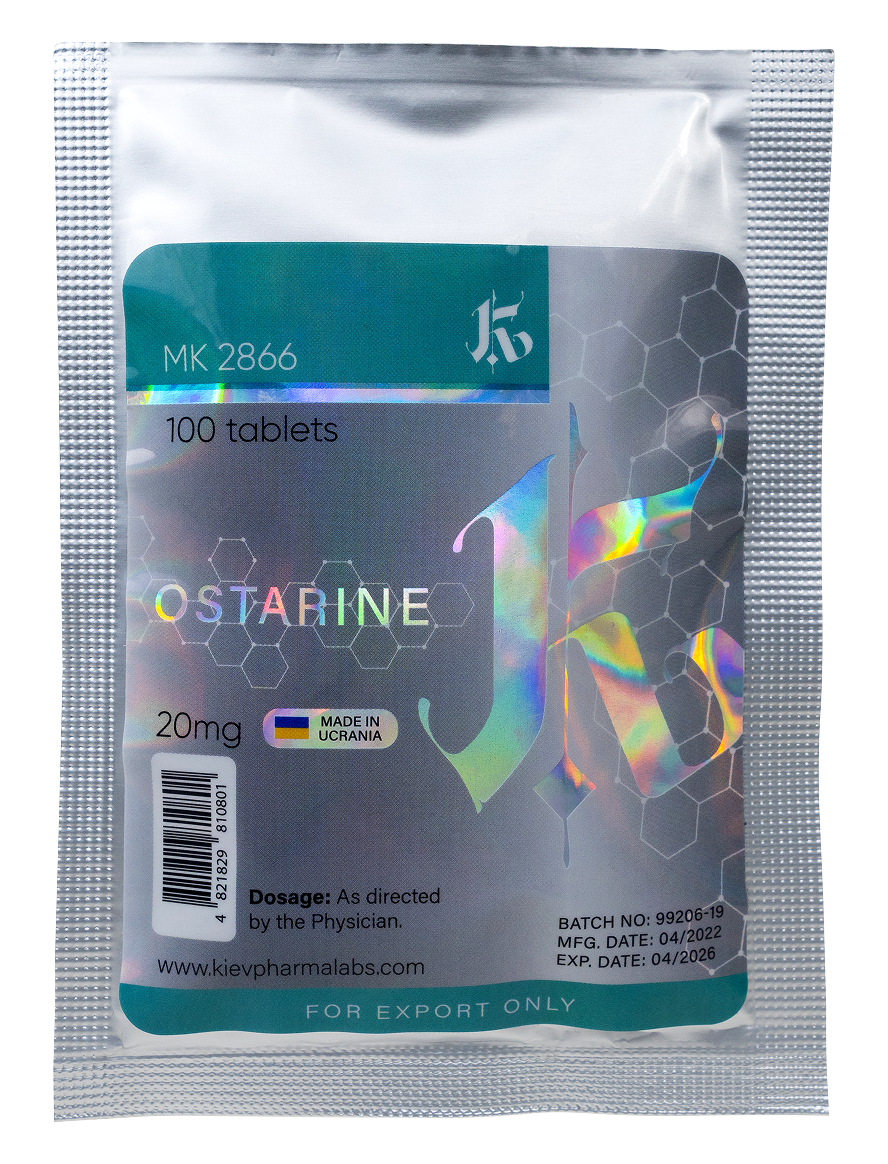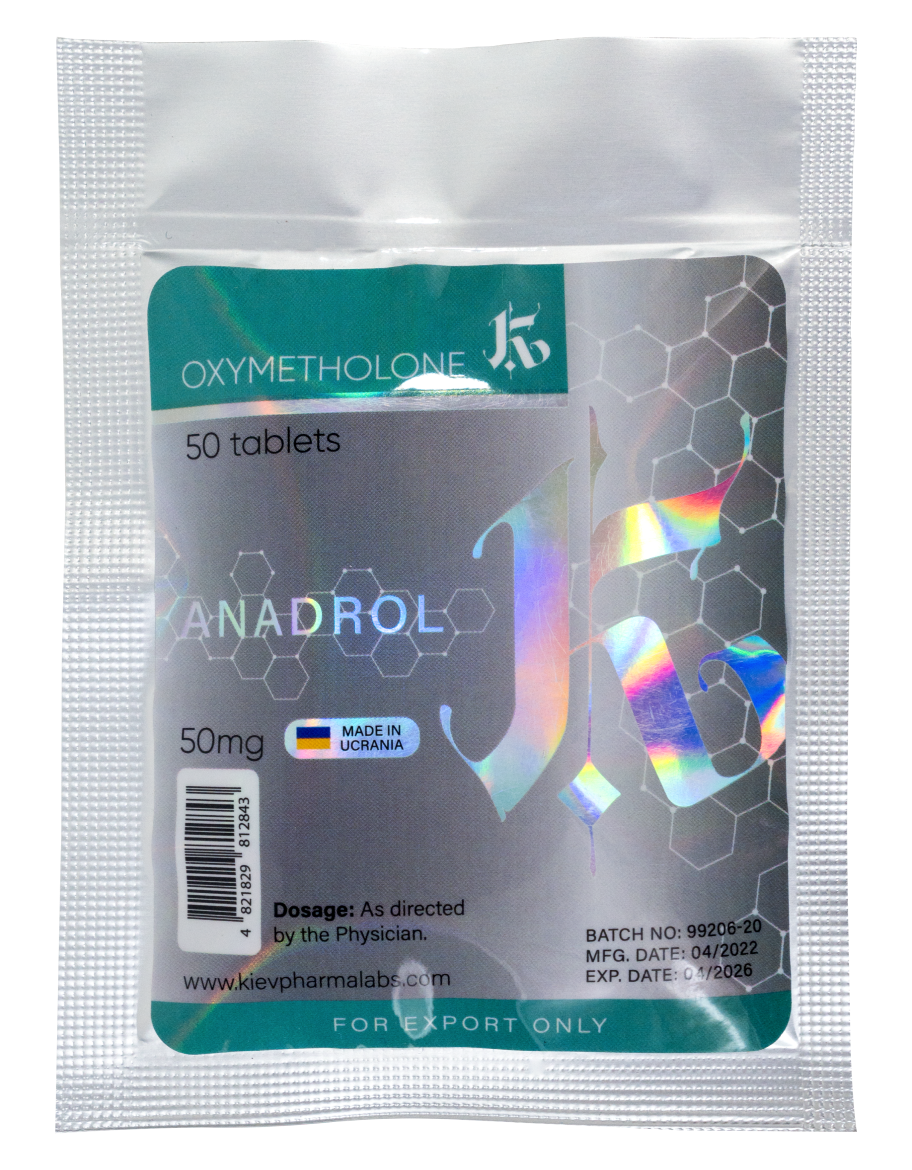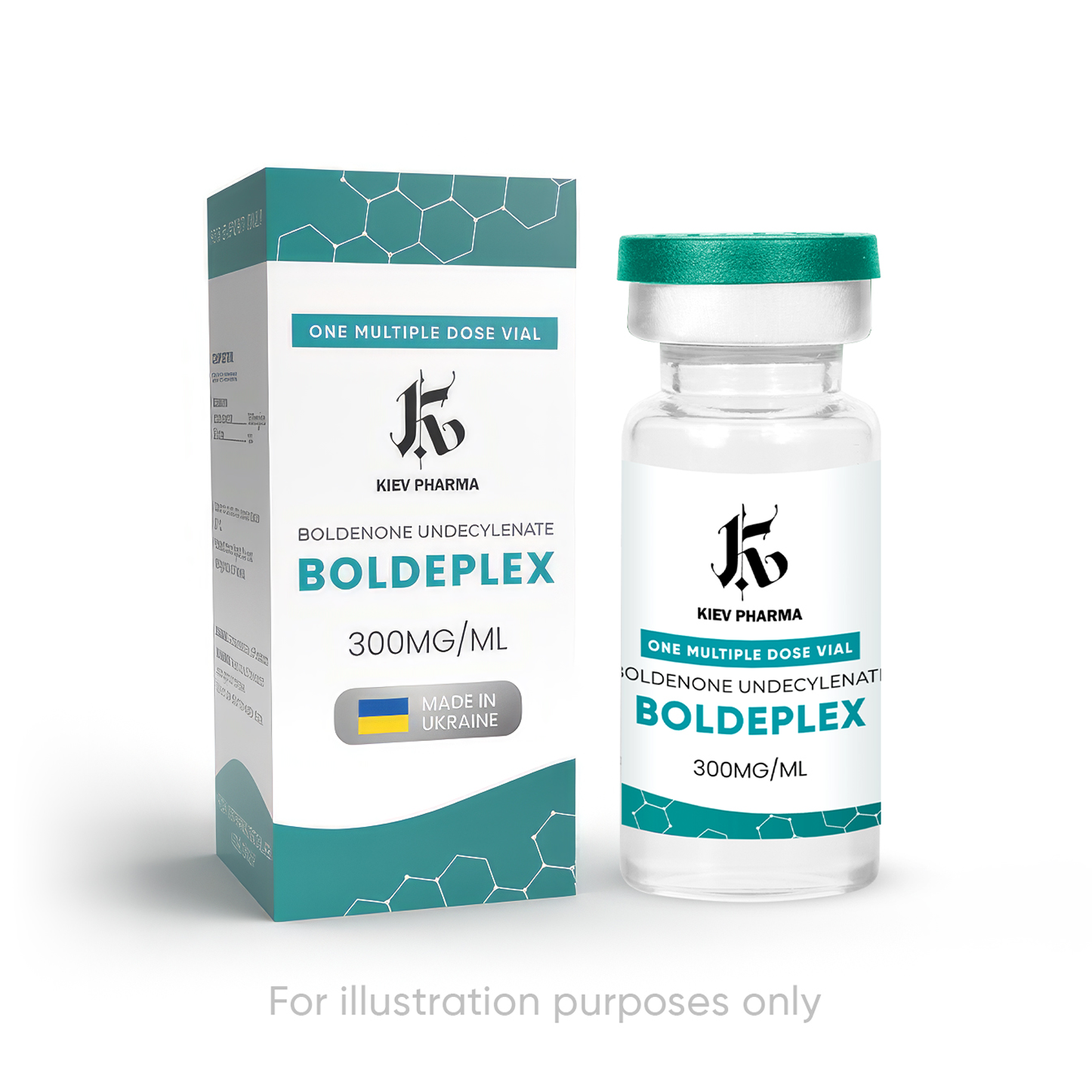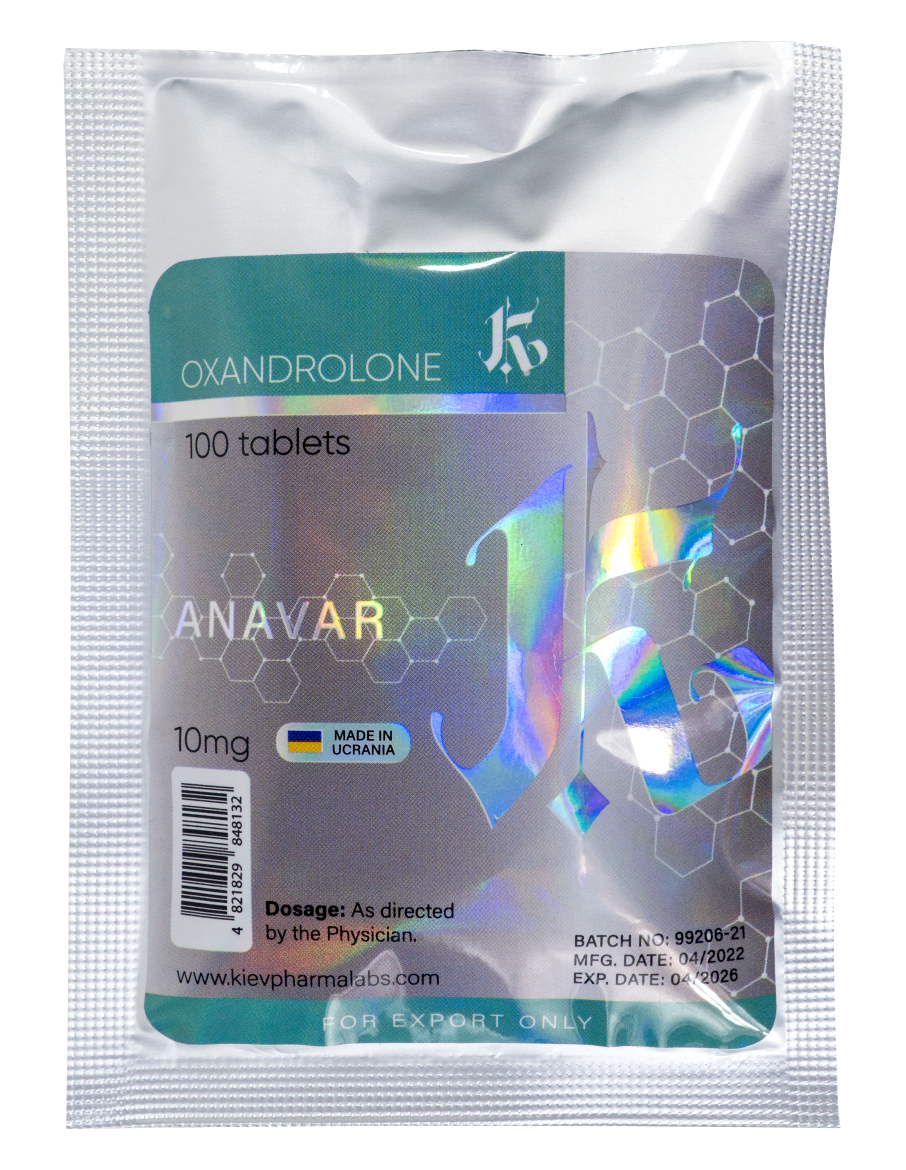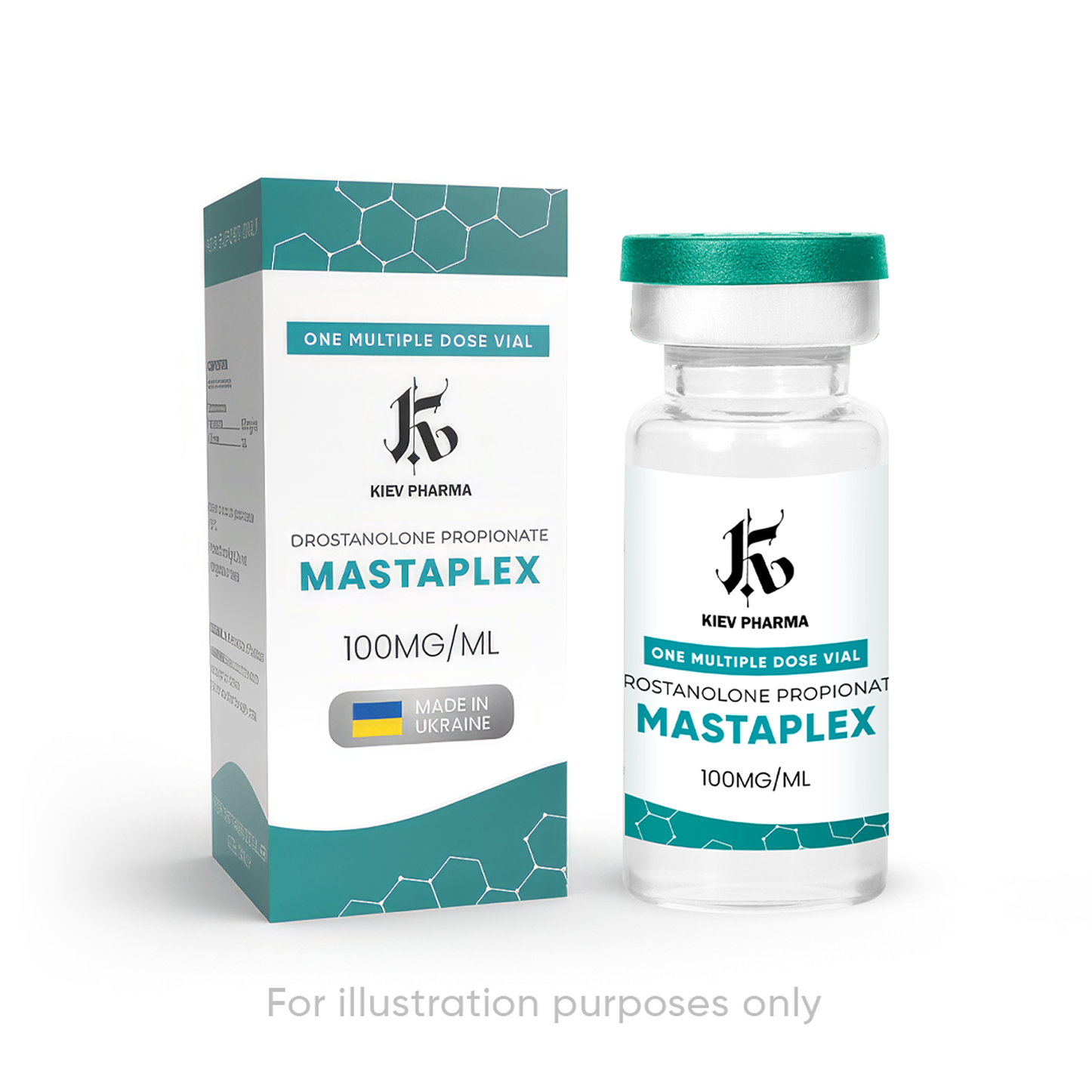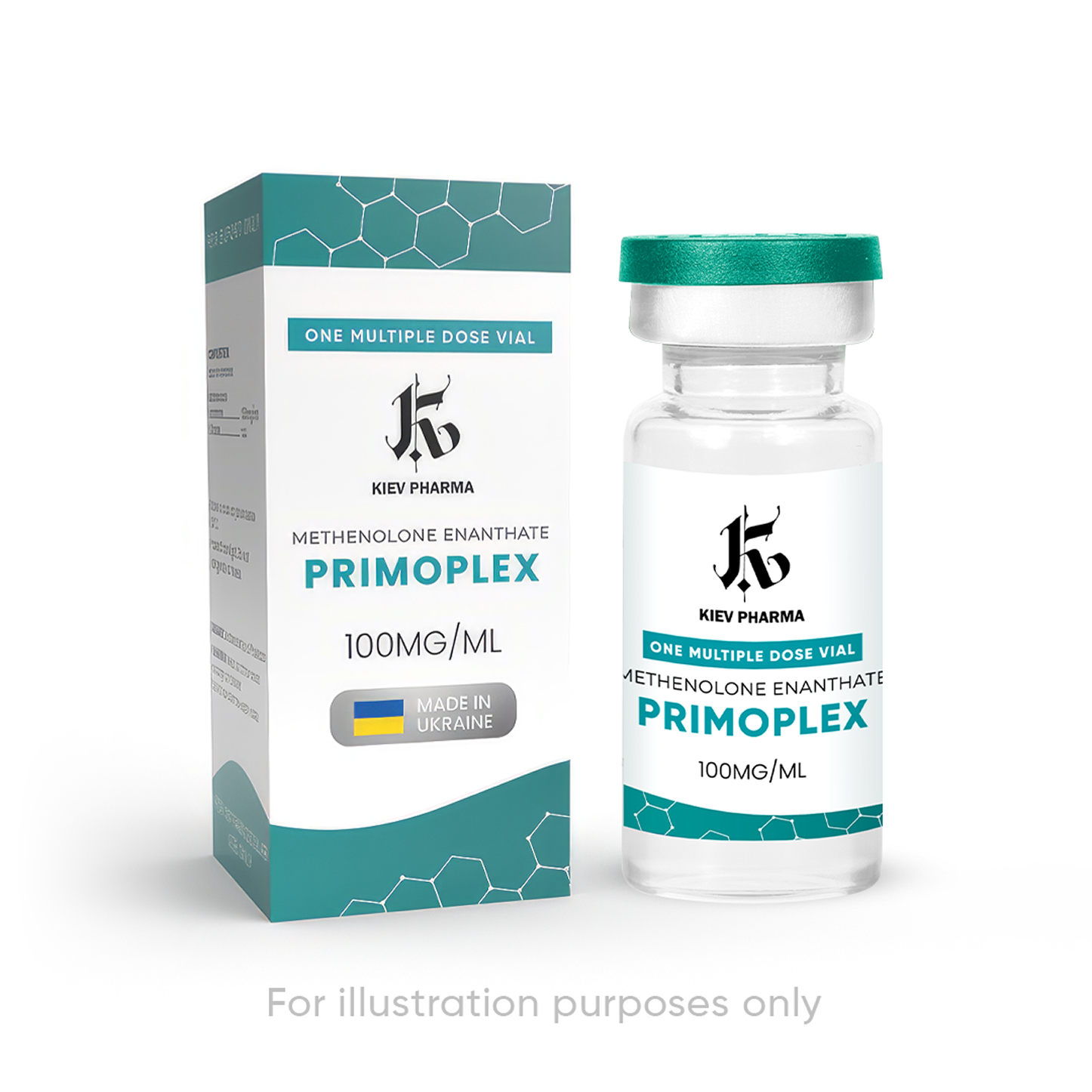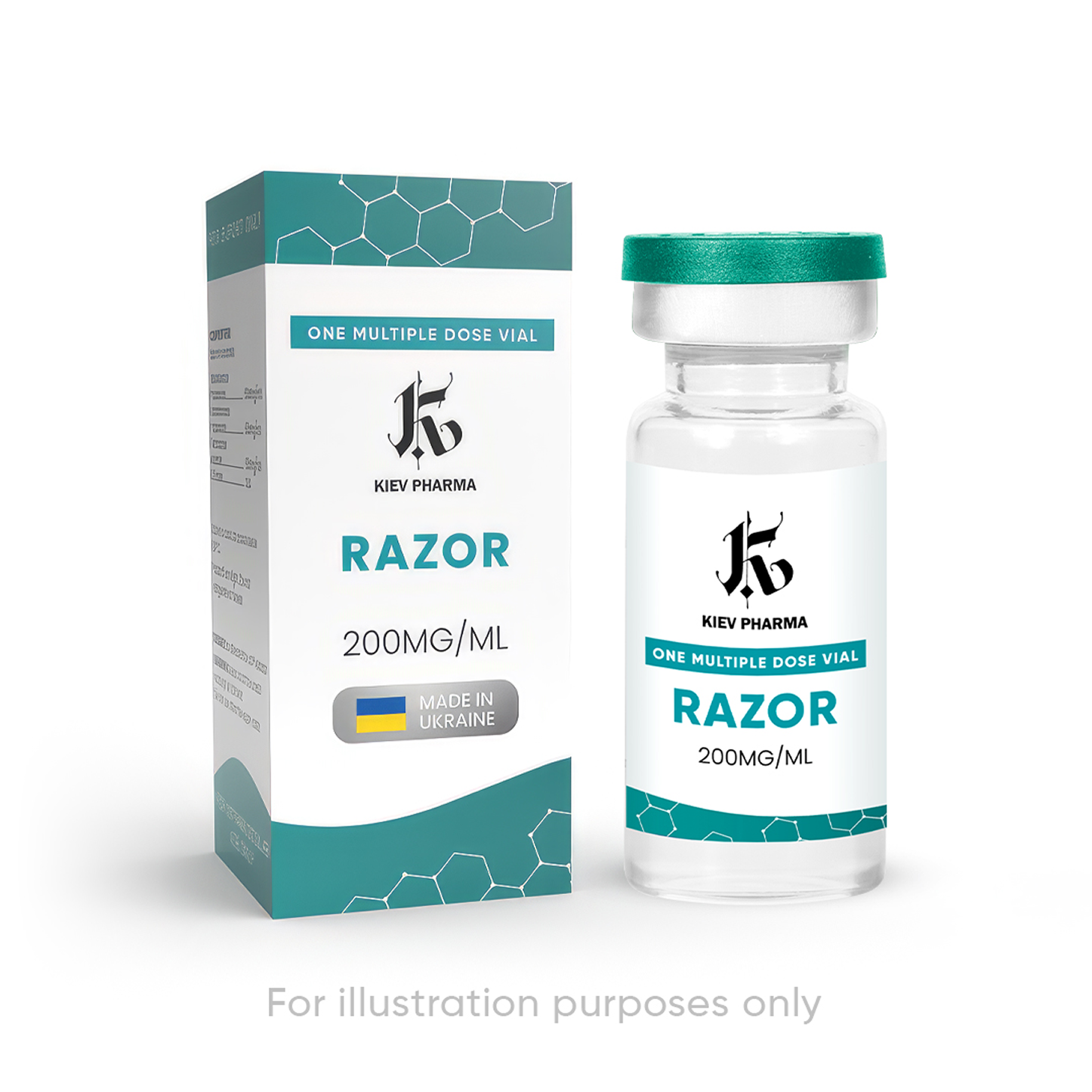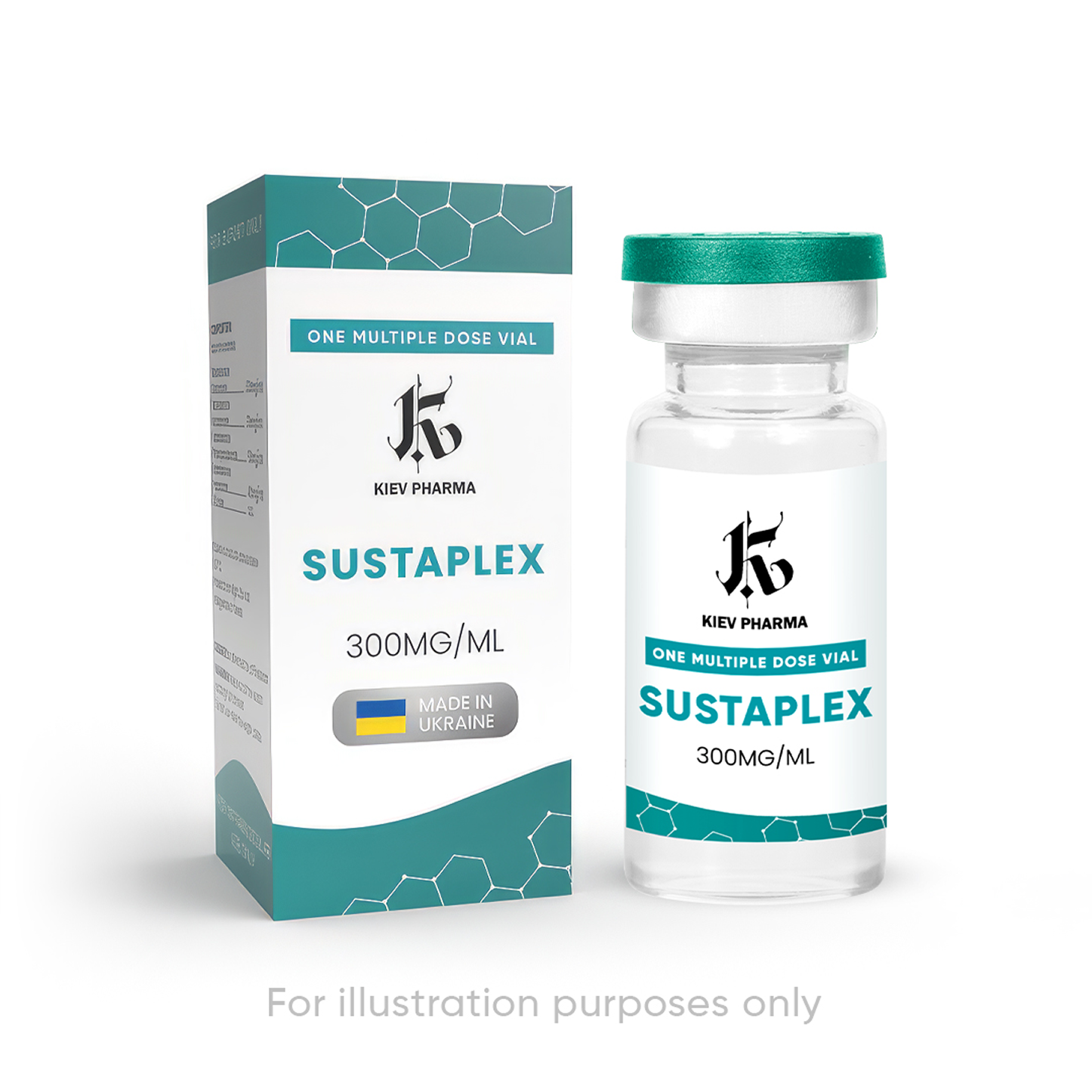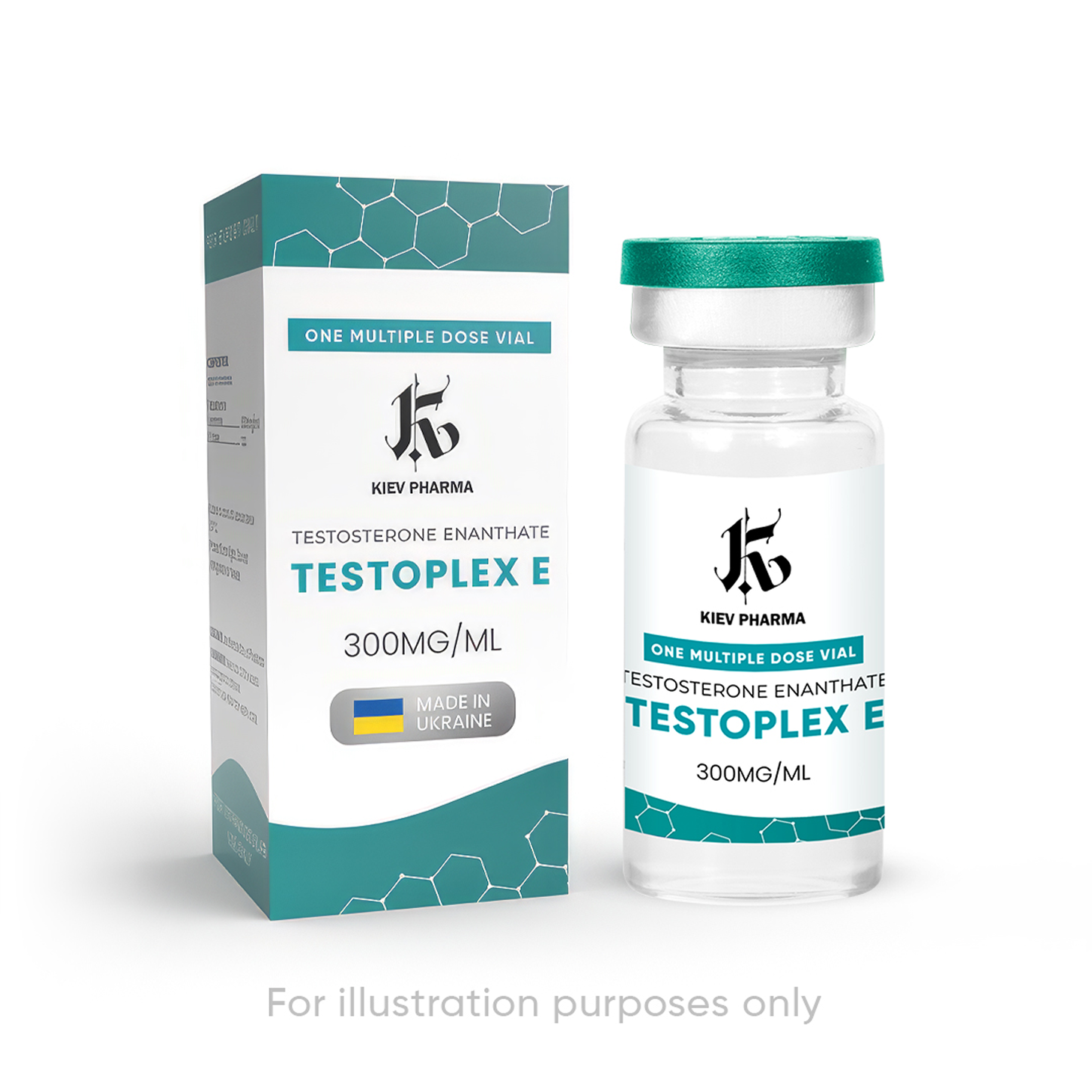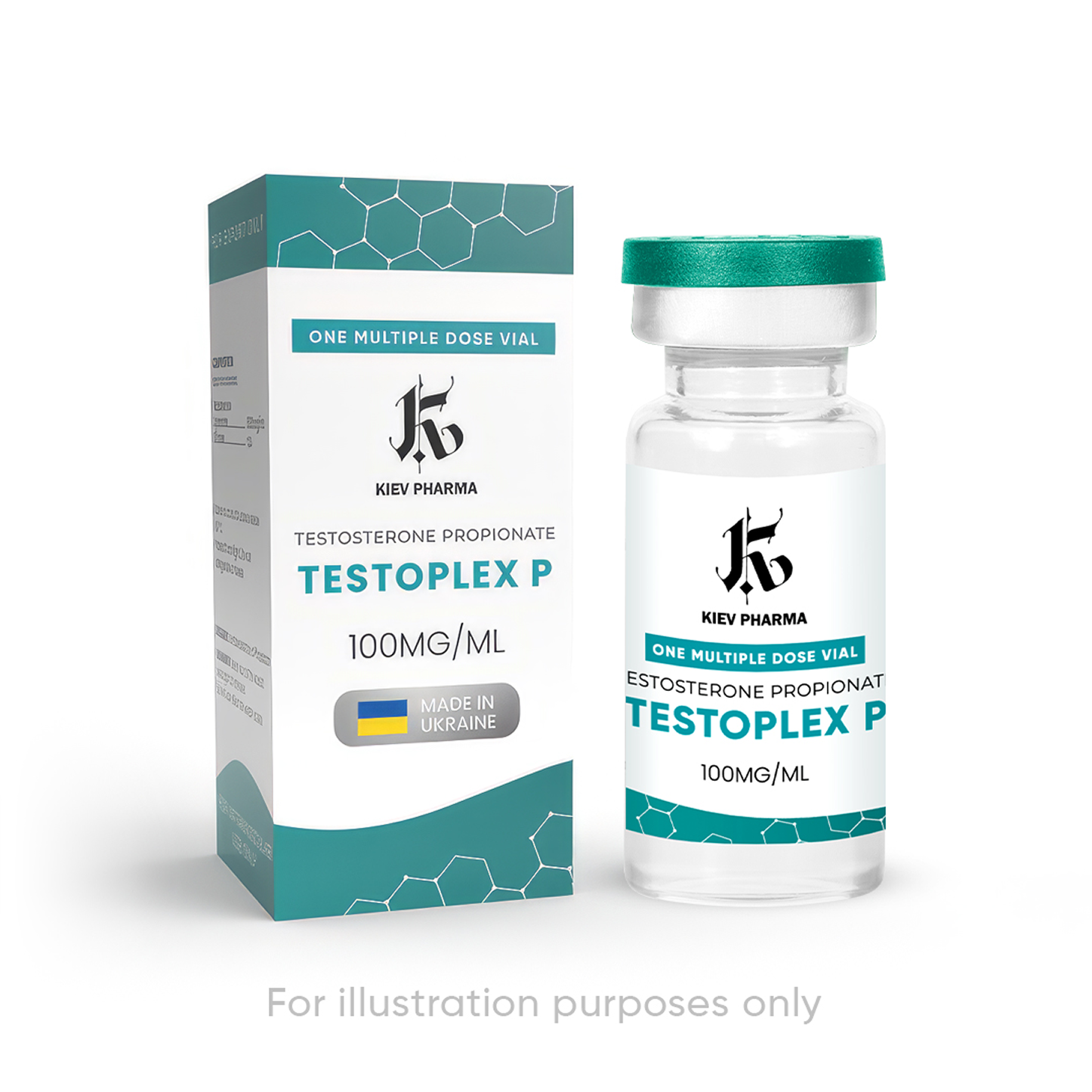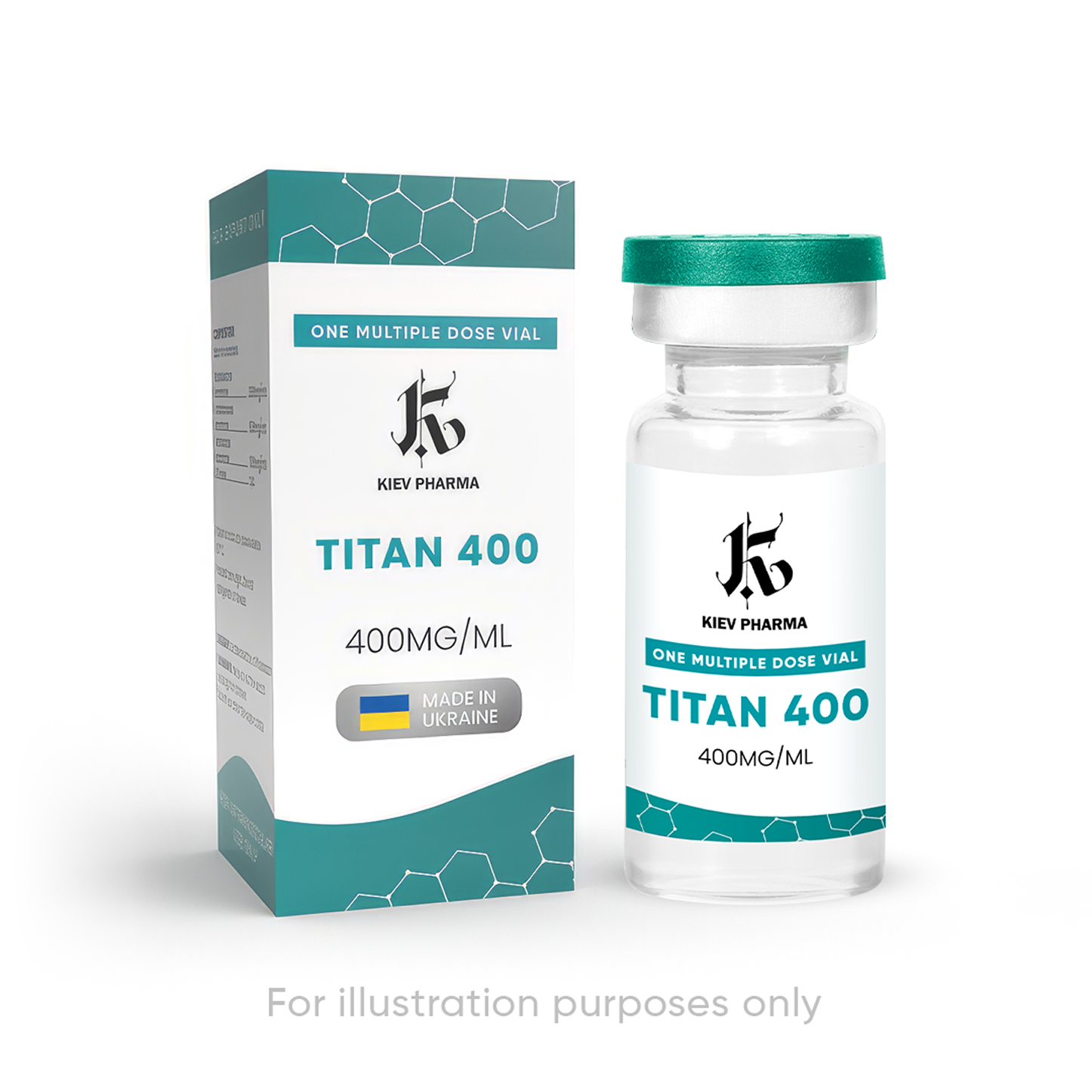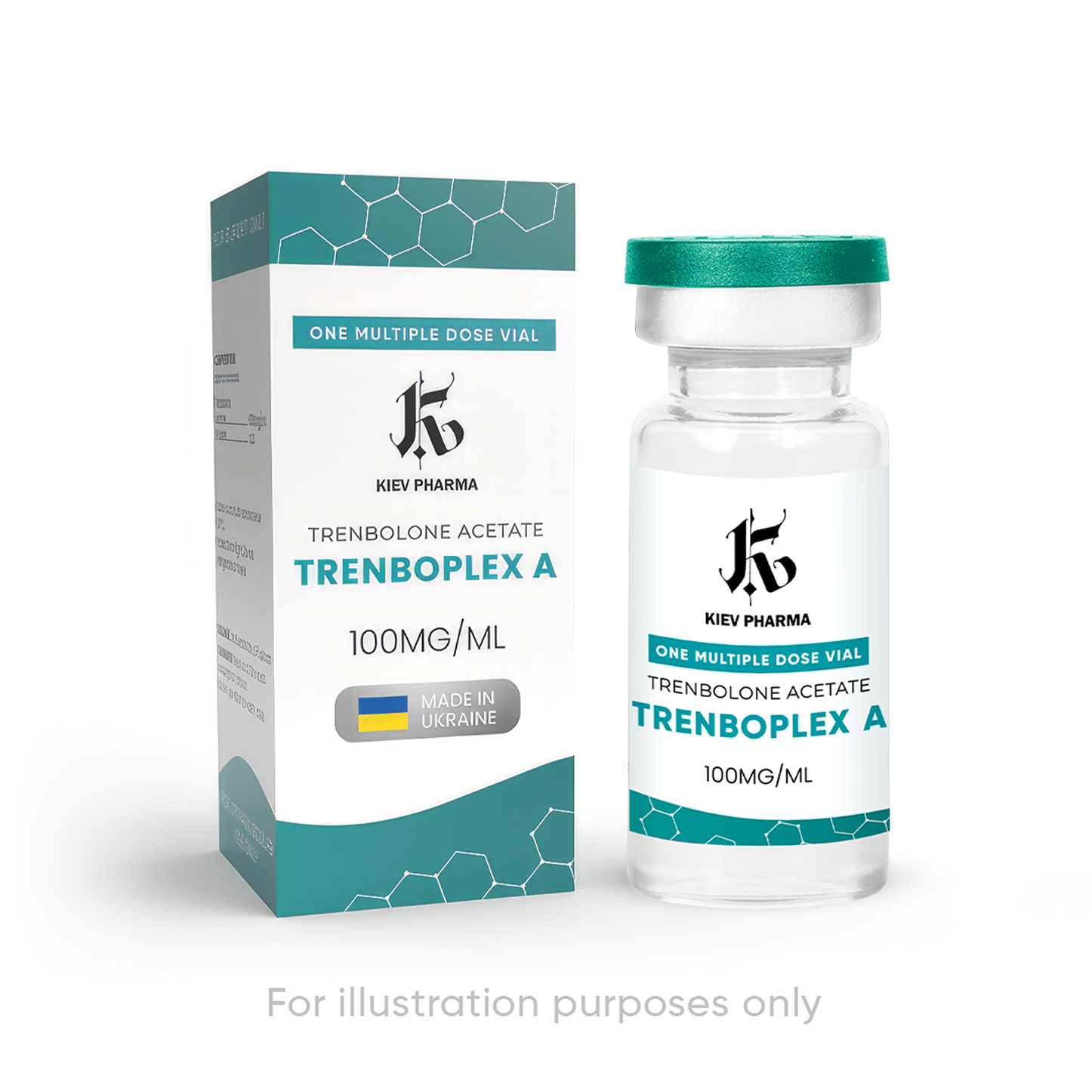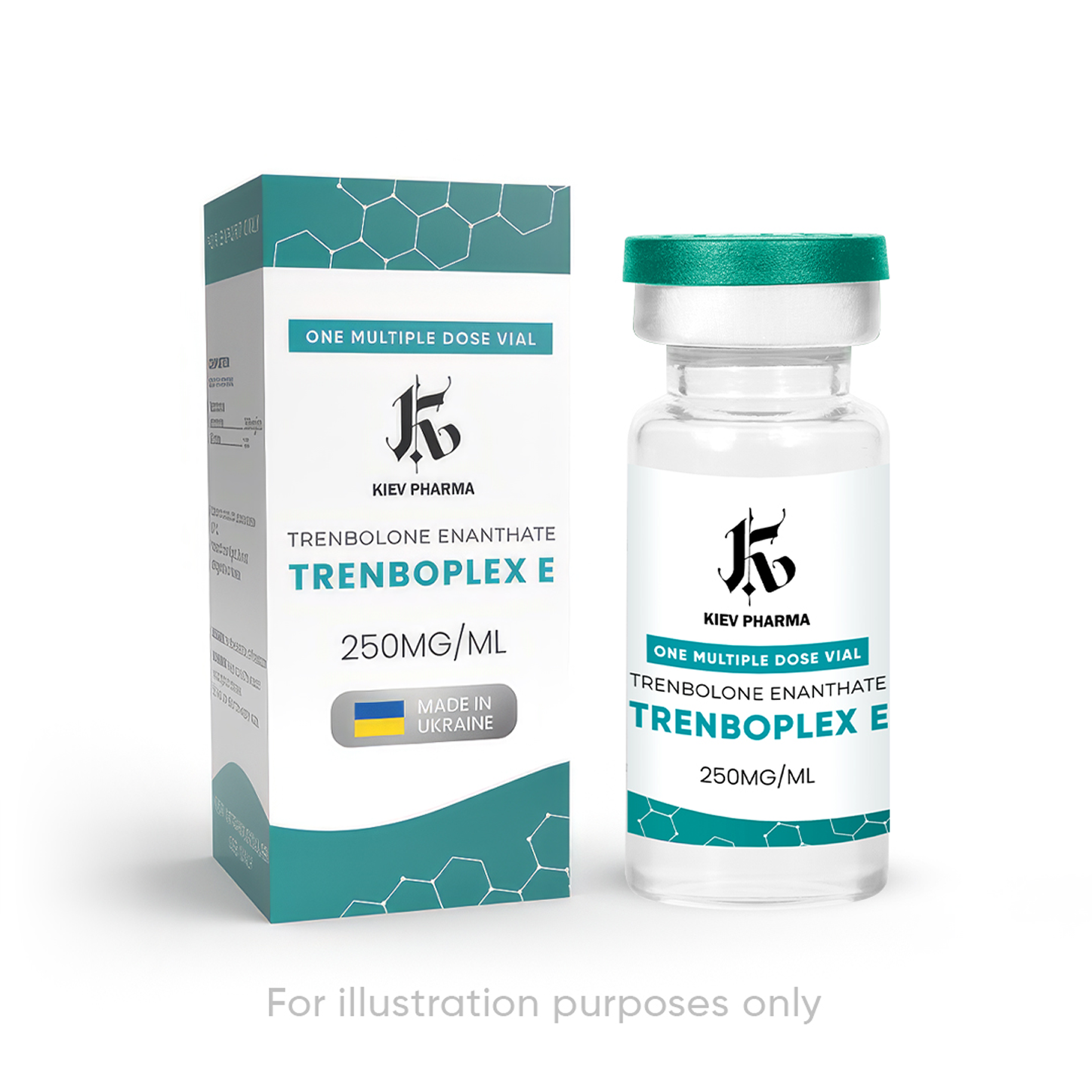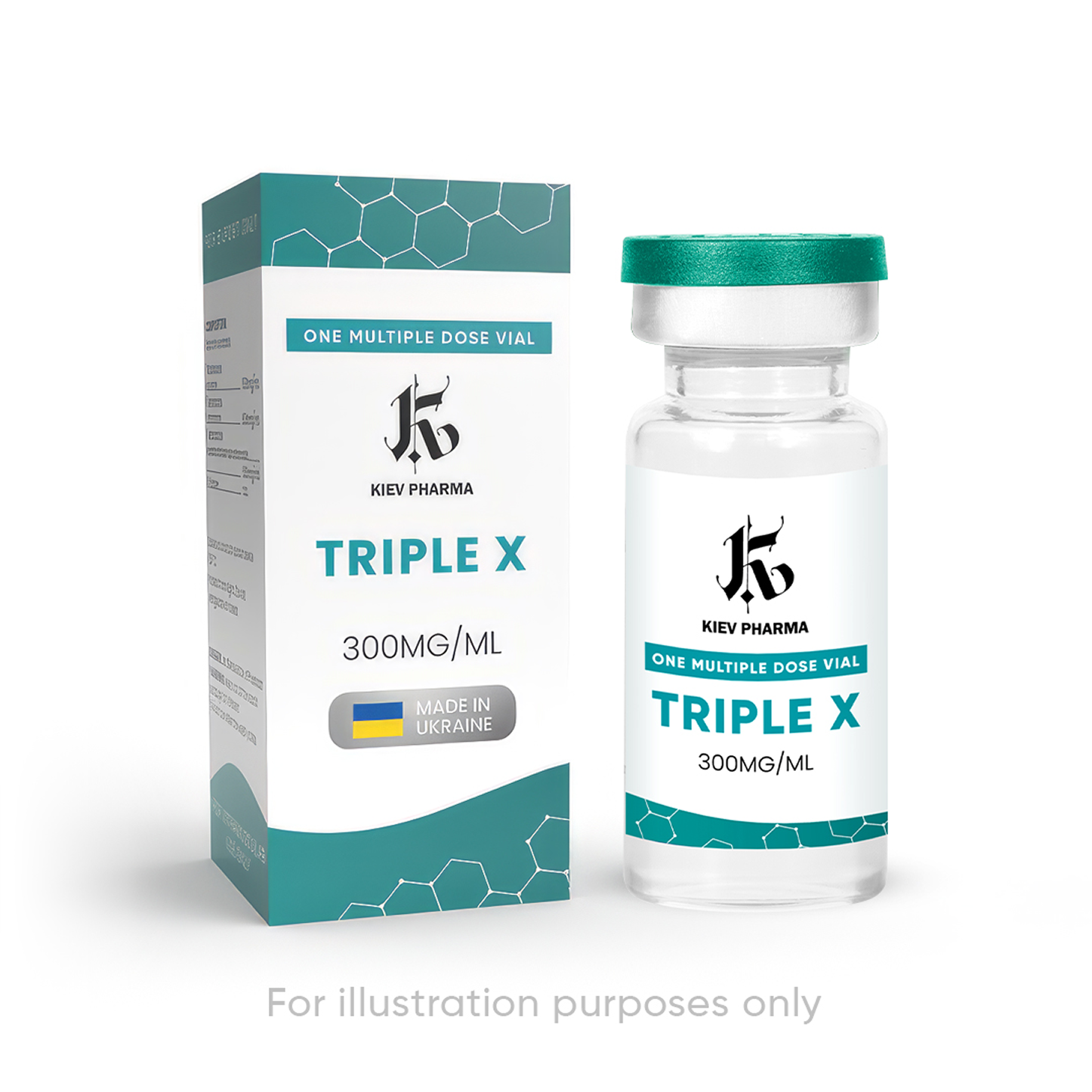For years, it has been assumed that as we age, our ability to recover from exercise declines. Longer-lasting muscle soreness, greater fatigue, and reduced performance seemed to be part of the deal. However, a recent study published in the International Journal of Sports Medicine challenges this belief, showing that older athletes can recover from intense workouts in a way very similar to younger ones.
The Study: Comparing Generations of Athletes
The research analyzed 16 highly trained male endurance athletes, divided into two groups:
- Young group: average age of 22
- Master group: average age of 52
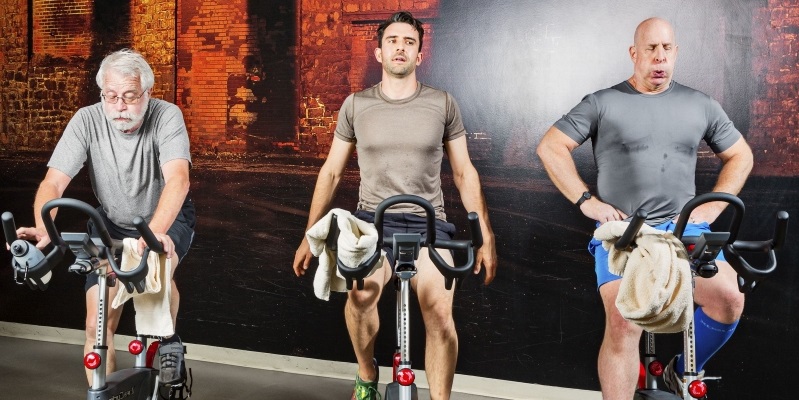
Both groups performed ten sets of half squats at 70% of their one-rep max (1RM). The researchers measured key biomarkers of muscle damage and inflammation before, immediately after, and up to 72 hours post-exercise.
Results: Surprising Similarities
After 24 hours, both groups showed similar levels of muscle damage. Comparable increases were observed in:
- Interleukin-6 (IL-6): a cytokine linked to inflammation and metabolic signaling.
- Growth hormone: essential for muscle repair and regeneration.
Only the younger athletes showed an initial rise in monocyte chemoattractant protein-1 (MCP-1), associated with inflammatory response, which normalized within 24 hours.
IL-6: More Than Just Inflammation
Although IL-6 is traditionally known as a pro-inflammatory molecule, more recent studies have identified it as a myokine—a protein released by muscles during exercise that has anti-inflammatory and metabolic benefits.
Research indicates that its release is more closely related to the intensity and duration of exercise than to actual muscle damage. Additionally, while chronically high IL-6 levels in older adults are associated with loss of muscle mass, regular exercise can counteract these negative effects.
MCP-1: The Role of Controlled Inflammation
MCP-1 plays a role in recruiting immune cells during the muscle recovery process. Its elevation in younger athletes may reflect a sharper initial response to training, but previous studies have shown that both young and older individuals can trigger this response with adequate stimulus—an essential part of muscle repair and adaptation.
Aging and Training
While this study focused on elite athletes, it suggests that age alone does not limit recovery ability, especially when a consistent training routine is maintained over the years.
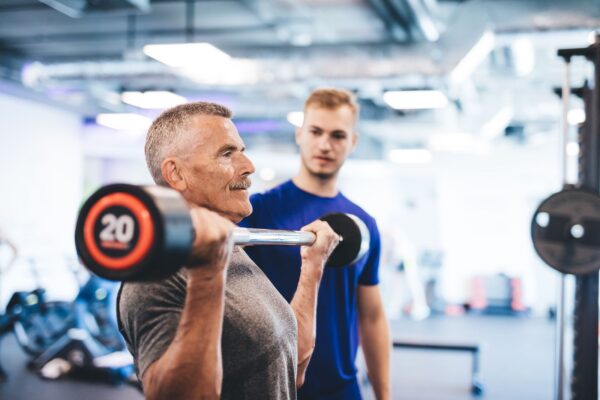
It’s likely that the perception of slower recovery in older adults is more related to lifestyle changes, reduced training volume, or poor sleep, rather than a true physiological decline.
Conclusion
This study debunks the myth that older adults can’t train hard without negative consequences. With experience, smart programming, and proper rest, you can continue progressing and recovering efficiently—no matter your age.










